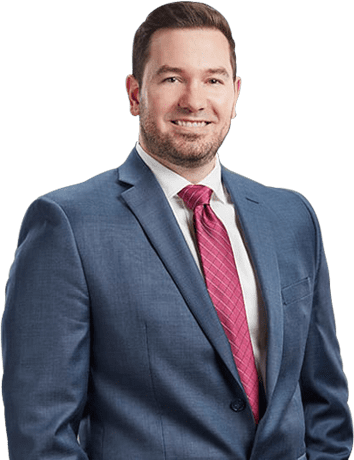Recognizing and Responding to Nursing Home Abuse in California

Abuse, unlike nursing home neglect, is an intentional tort. Usually, the tortfeasor (wrongful actor) intends the conduct, but not the result. For example, frustration might drive Sam to shove a nursing home resident. Sam knew what he was doing and his conduct was intentional. However, he probably didn’t intend the result, which is injuring that resident.
The conduct, not the result, is all that matters. An intentional tort is not a malicious tort. We frequently say and do things that have unintended consequences. In most cases, we’re still responsible for these unintended consequences.
In a perfect world, tortfeasors would voluntarily step up to the plate and accept responsibility for their mistakes. But we don’t live in a perfect world, and that usually doesn’t happen. In fact, many tortfeasors don’t even get out of the dugout in these situations. So, a Carlsbad personal injury lawyer must intervene and fight for the compensation and justice these victims need and deserve.
Kinds of Abuse
The first step in recognizing nursing home abuse is knowing what to look for. Quite simply, nursing home abuse is taking advantage of a vulnerable person. Some categories of nursing home abuse, and some signs of abuse, include:
- Sexual: This category abuse includes everything from making inappropriate comments that the victim overhears to sexual battery against the victim. Telltale signs include torn clothes, bruises and other such wounds near the genitals, and inexplicable behavioral changes.
- Physical: Like in the above example, frustration usually prompts physical nursing home abuse. Frustration explains, but certainly doesn’t excuse, physical abuse. That’s especially true since slight abuse seriously injures many frail residents. The nursing home owner could be financially responsible for any physical injury resulting from physical abuse. This abuse causes emotional wounds as well.
- Financial: Similarly, this category covers several kinds of misconduct. Some unscrupulous employees steal money or valuables from residents. Others trick them into signing papers or sending money to a “relative in need.” Financial abuse could be organizational as well. Some nursing homes file fraudulent guardianship papers to obtain control over the resident’s money.
Nursing home abuse is severely underreported. Many residents are so heavily medicated they don’t realize that happened. Others don’t want the abuser to get in trouble, and others fear retaliation.
Responding to Abuse
Never dismiss a resident’s tales of abuse, especially if there’s a pattern. Always take these complaints at face value, to trigger an internal investigation. If no abuse occurred, no one has anything to worry about.
This process must be quick, thorough, and transparent. Nursing home owners cannot drag their feet, they must examine all evidence, and they mustn’t do anything behind closed doors. At the end of the investigation, disciplinary action, if any, must be based solely on the findings of that investigation.
Always give the nursing home owner a chance to make things right. Making it right includes compensating the victim. If the nursing home owner doesn’t react satisfactorily, contact a San Marcos personal injury lawyer straightaway.
Work With a Savvy San Diego County Lawyer
Injury victims are entitled to substantial compensation. For a confidential consultation with an experienced personal injury lawyer in San Marcos, contact the Pursley Law Firm. We routinely handle matters throughout the Golden State.

